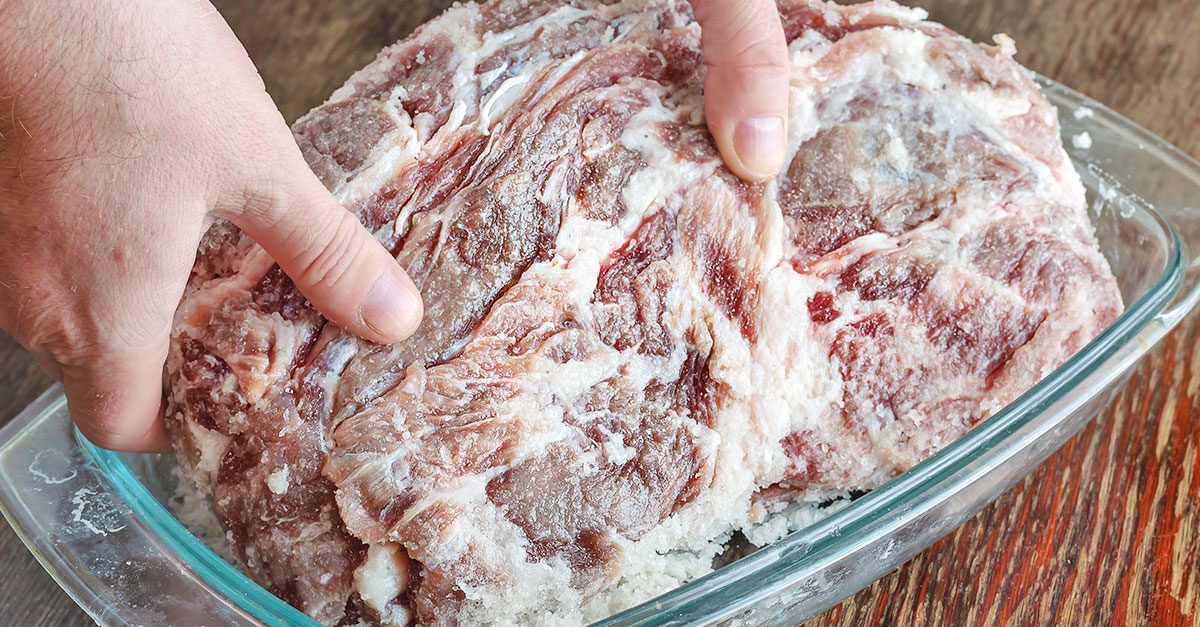Here Are Five Food Mistakes That Pose Significant Danger To You And Your Family
The importance of proper food hygiene can never be over-emphasized. Thus the ever-growing need to make the general public aware of food safety. Unfortunately, it has been found that it is the little mistakes that are rarely talked about and easily overlooked during food preparation that pose more danger.
;Resize,width=742;)
Check out some of the most common – and perhaps most dangerous – mistakes people make when it comes to food. Here are five and how best to avoid them:
1. Leaving food products in the freezer for too long

This is commonly practiced in households with many growing a preference for overstocking their freezer to help them cope with pressing responsibilities like their jobs or tending to their family.
If you belong to this group of people, STOP ASAP!
This practice is wrong because, unlike its widely believed, it is not every food product that is meant to be in the freezer for too long.
Smoked meats, hot dogs, soups, which are some of the most commonly stored in a freezer, can only stay fresh for as long as a few months before they lose their freshness and start to spoil. So, before keeping ANY food in the freezer, be sure what foods can stay long in it.
2. Ignoring the temperature of meats

Meats are easily some of the best ways to catch germs from food. It has, however, been proven accurate that properly cooking them before consumption protects you.
There is no better way to do this right than to check the temperature during cooking. Whether the meat is fresh from the butcher's shop or weeks-old from the freezer, ensure that it is thoroughly cooked. Poultry should be cooked to 165ºF and pork, meat, and fish to 145ºF.
3. Improper cleaning or irregular changing of the washing sponge

This mistake is quite common, with most people being unaware of just how much bacteria their sponge can harbor over time!
It is essential to clean your sponge daily. As easy as it might seem, this shouldn't be done by the mere use of detergent. Instead, microwave it for a minute, run it in the dishwasher on the dry cycle, or soak it in a bleach solution.
Also, get a new sponge every week!
4. Keeping leftovers too long

Much like the first point reads, you should abolish habits that include you leaving your leftover food for long, whether in the fridge or not.
According to findings, leftovers harbor a lot of bacteria that they are perhaps the quickest way to get food poisoning. This is because you can't store different kinds of foods at the same temperature (in the fridge) and expect it to remain safe for eating.
If you have to store leftovers at all, make sure to check the proper temperatures for the specific type of food.
5. Haphazard snacking at parties

Last but not least is a tip for when you host small parties in your home. Food safety is essential when you are entertaining family friends, which most likely have little kids.
Again, the crucial factor here is temperature. Note that when you place foods that should be served cold or hot out on dishes at room temperature, you are creating the ideal environment for dangerous bacteria.
The best remedy for this is to keep foods on hot plates or ice coolers as needed.
Stay safe!
;Resize,width=767;)
;Resize,width=712;)
;Resize,width=712;)
;Resize,width=712;)
